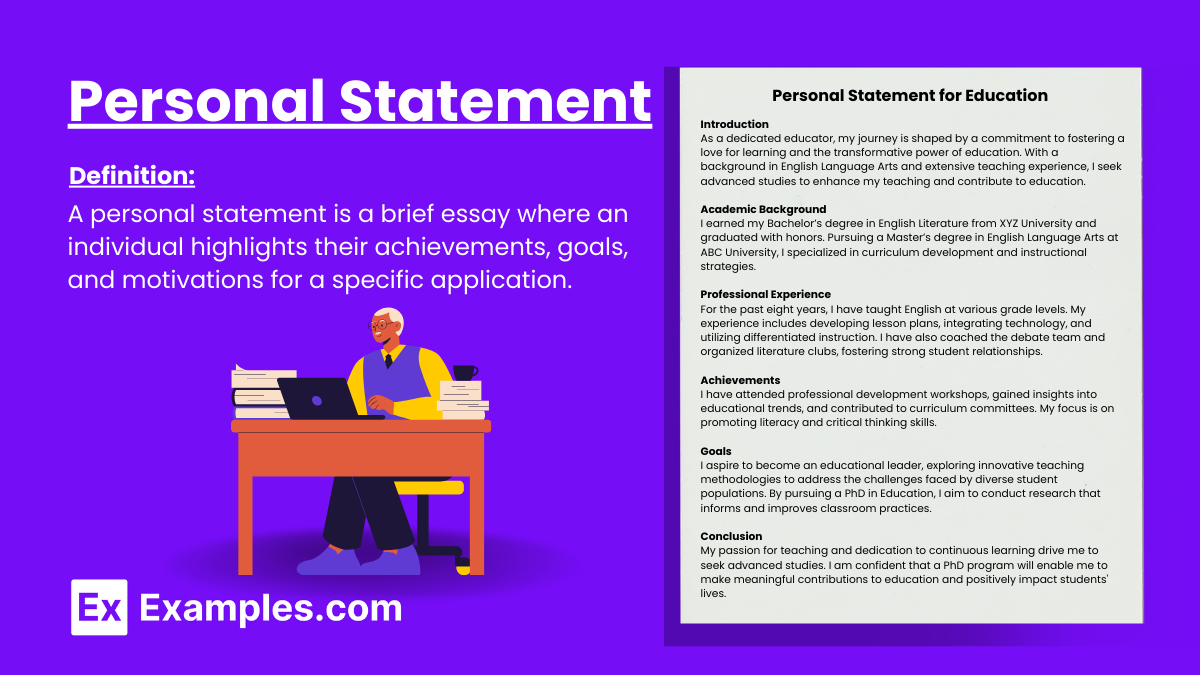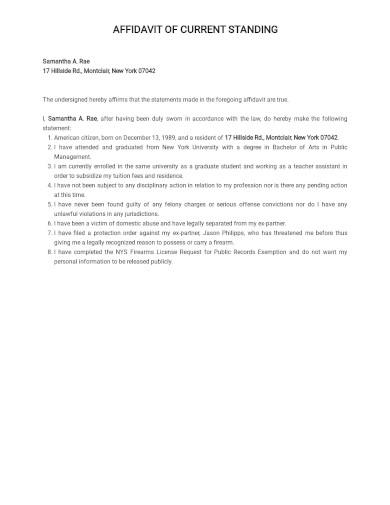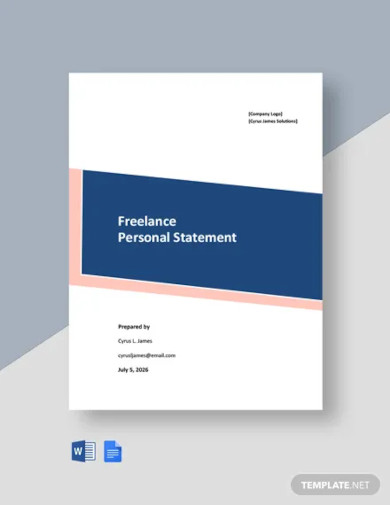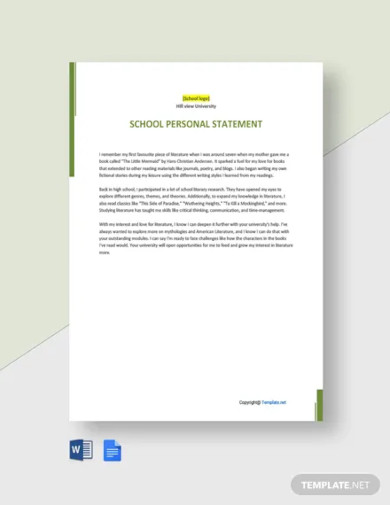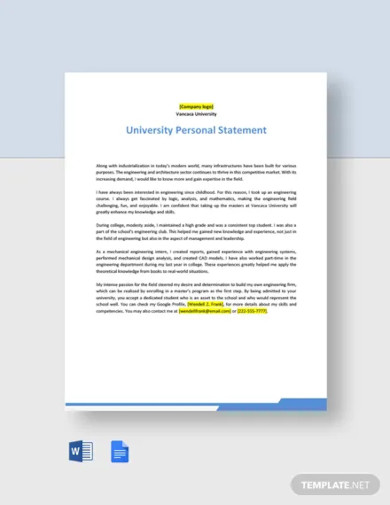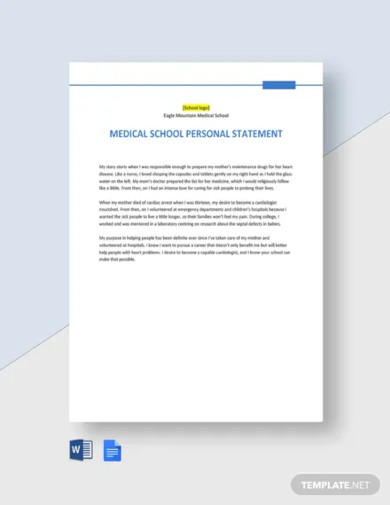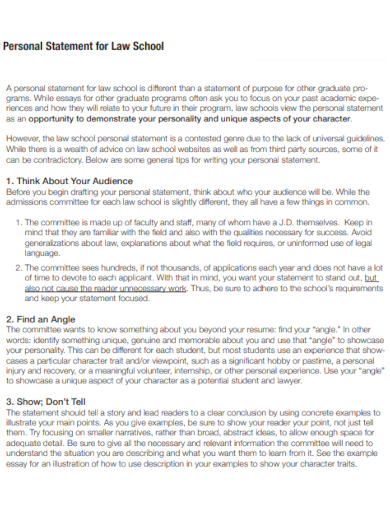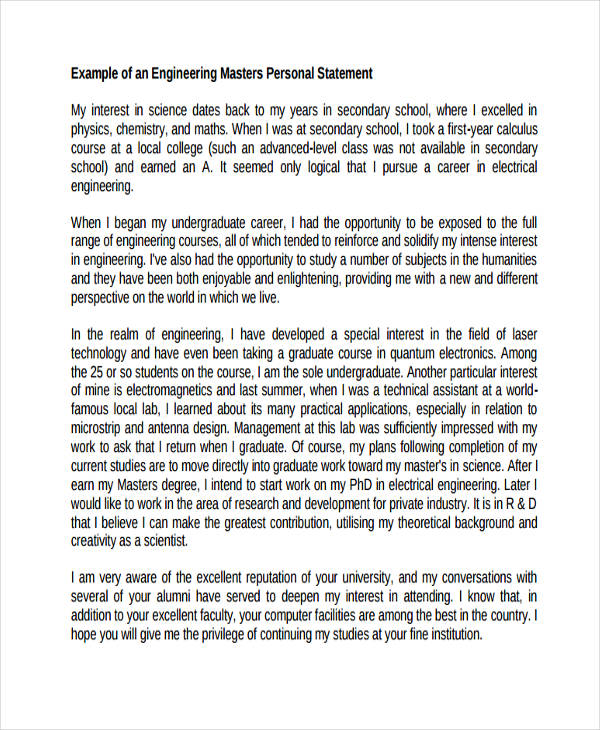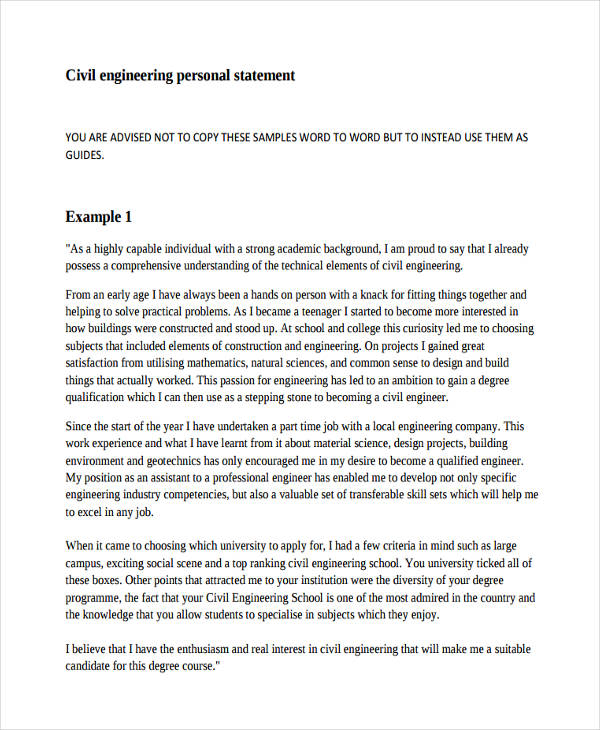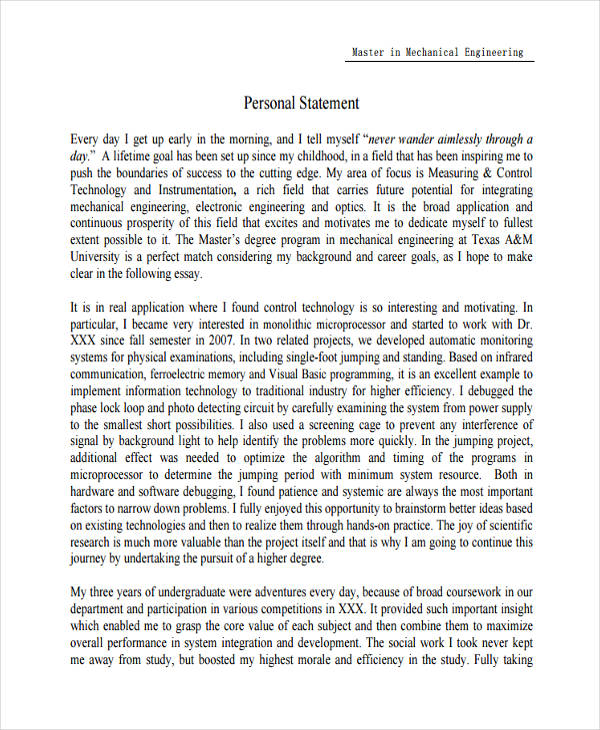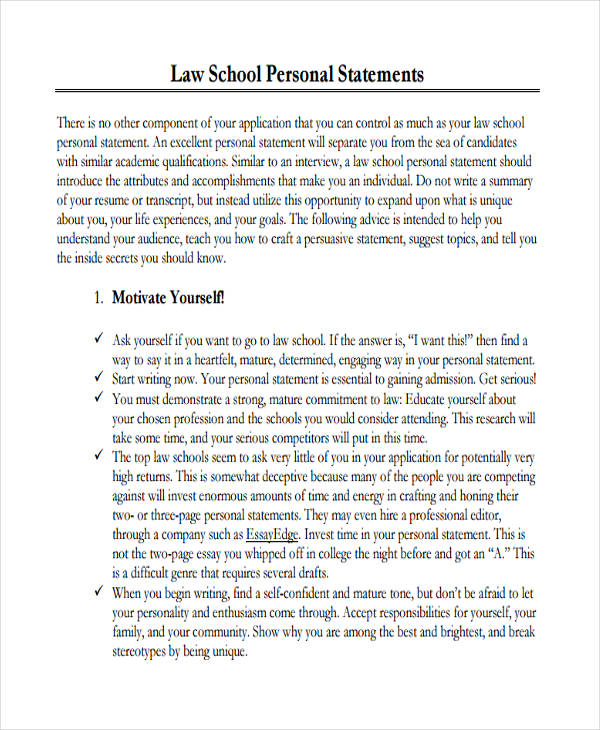15+ Personal Statement Examples to Download
A personal statement is a vital component of college and job application. It showcases an individual’s unique experiences, skills, and aspirations, providing a narrative that highlights their strengths and goals. Crafting a compelling personal statement allows applicants to express their personality and motivations, helping them stand out in a competitive field. It’s an opportunity to reflect on past achievements and outline future ambitions, making a memorable impression on selection committees.
What Is a Personal Statement?
A personal statement is a crucial part of college and job applications, allowing individuals to highlight their unique experiences, skills, and aspirations. It serves as a narrative that showcases strengths and goals, helping applicants stand out. By reflecting on past achievements and outlining future ambitions, a well-crafted personal statement makes a lasting impression on selection committees.
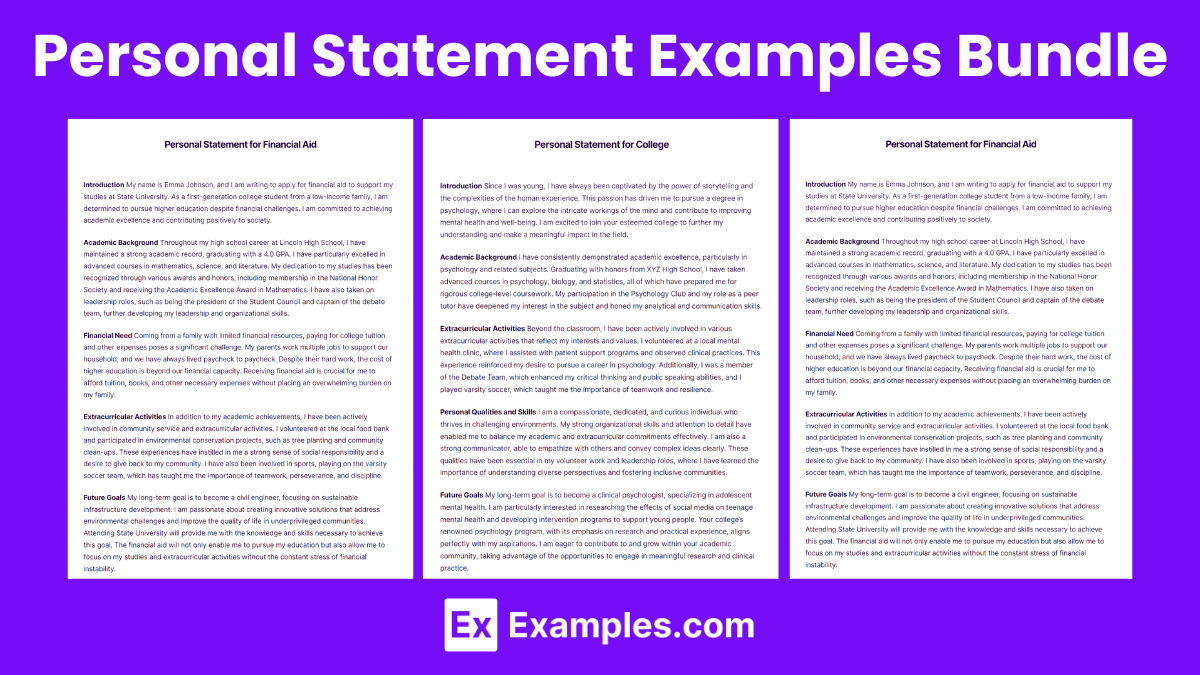
Download Personal Statement Bundle
Personal statement format
A personal statement is a crucial component of applications for college, graduate school, scholarships, or jobs. It is your opportunity to highlight your achievements, experiences, and goals. Here is a format for writing an effective personal statement:
- Introduction
- Begin with a strong opening sentence that grabs the reader’s attention.
- Introduce yourself and state the purpose of your personal statement.
- Mention what you are applying for (e.g., a specific program, scholarship, job).
- Academic Background
- Discuss your academic achievements and experiences.
- Mention relevant courses, projects, or research that have prepared you for the program or job.
- Highlight any honors or awards you have received.
- Professional Experience
- Detail your work experience, internships, or volunteer work.
- Focus on experiences that are relevant to the program or position.
- Emphasize any skills or knowledge you have gained.
- Personal Achievements and Extracurricular Activities
- Include any extracurricular activities, hobbies, or interests that demonstrate your well-rounded character.
- Mention leadership roles, community service, or other achievements.
- Show how these experiences have shaped you and your aspirations.
- Goals and Aspirations
- Clearly state your short-term and long-term goals.
- Explain how the program or job aligns with your career aspirations.
- Describe what you hope to achieve and how you plan to contribute to the field.
- Conclusion
- Summarize the key points you have made.
- Reiterate your enthusiasm and readiness for the program or position.
- Thank the reader for considering your application.
Example Personal Statement
Personal Statement for University
Introduction: I am excited to apply for the Master’s program in Environmental Science at XYZ University. With a strong academic background in biology and a passion for environmental conservation, I am eager to contribute to cutting-edge research in sustainability and climate change mitigation.
Academic Background: I graduated with honors from ABC University with a Bachelor’s degree in Biology. During my undergraduate studies, I completed a research project on the impact of urbanization on local wildlife, which sparked my interest in environmental science. I have taken courses in ecology, environmental policy, and data analysis, providing me with a solid foundation for advanced study.
Professional Experience: Over the past two years, I have interned at the Green Earth Organization, where I assisted in conducting field surveys and analyzing data on endangered species. This experience has honed my skills in data collection, statistical analysis, and report writing. Additionally, I volunteered with Clean Water Initiative, where I led a team to organize community clean-up events and educate the public on water conservation.
Personal Achievements and Extracurricular Activities: Outside of academics and professional work, I am an avid hiker and nature photographer. I have also been a member of the university’s environmental club, where I served as president and organized several successful campus-wide sustainability events. These activities have strengthened my leadership and teamwork skills.
Goals and Aspirations: My short-term goal is to gain in-depth knowledge and research experience in environmental science through the Master’s program at XYZ University. In the long term, I aspire to work as an environmental consultant, helping businesses and communities implement sustainable practices. I am particularly interested in developing innovative solutions to reduce carbon footprints and protect natural habitats.
Conclusion: In conclusion, I am confident that my academic background, professional experience, and passion for environmental conservation make me a strong candidate for the Master’s program in Environmental Science at XYZ University.I am eager to contribute to your esteemed program and am grateful for your consideration.
Thank you for taking the time to review my application.
Personal Statement Examples
- Personal Statement for Resume
- Personal Statement for Job
- Personal Statement for University
- Personal Statement for College
- Personal Statement for Financial Aid
Personal Statement for Resume
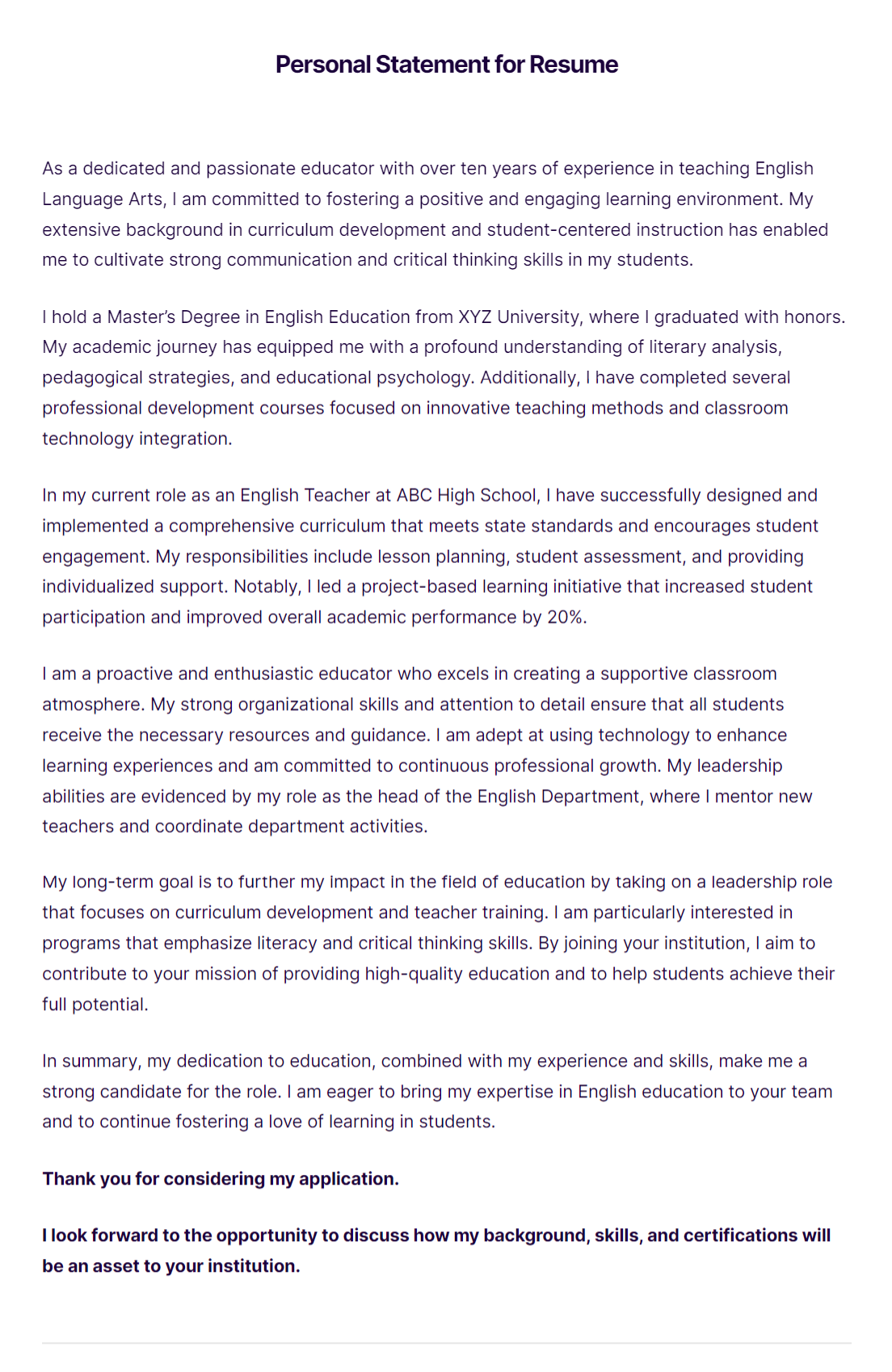
Personal Statement for Jobs
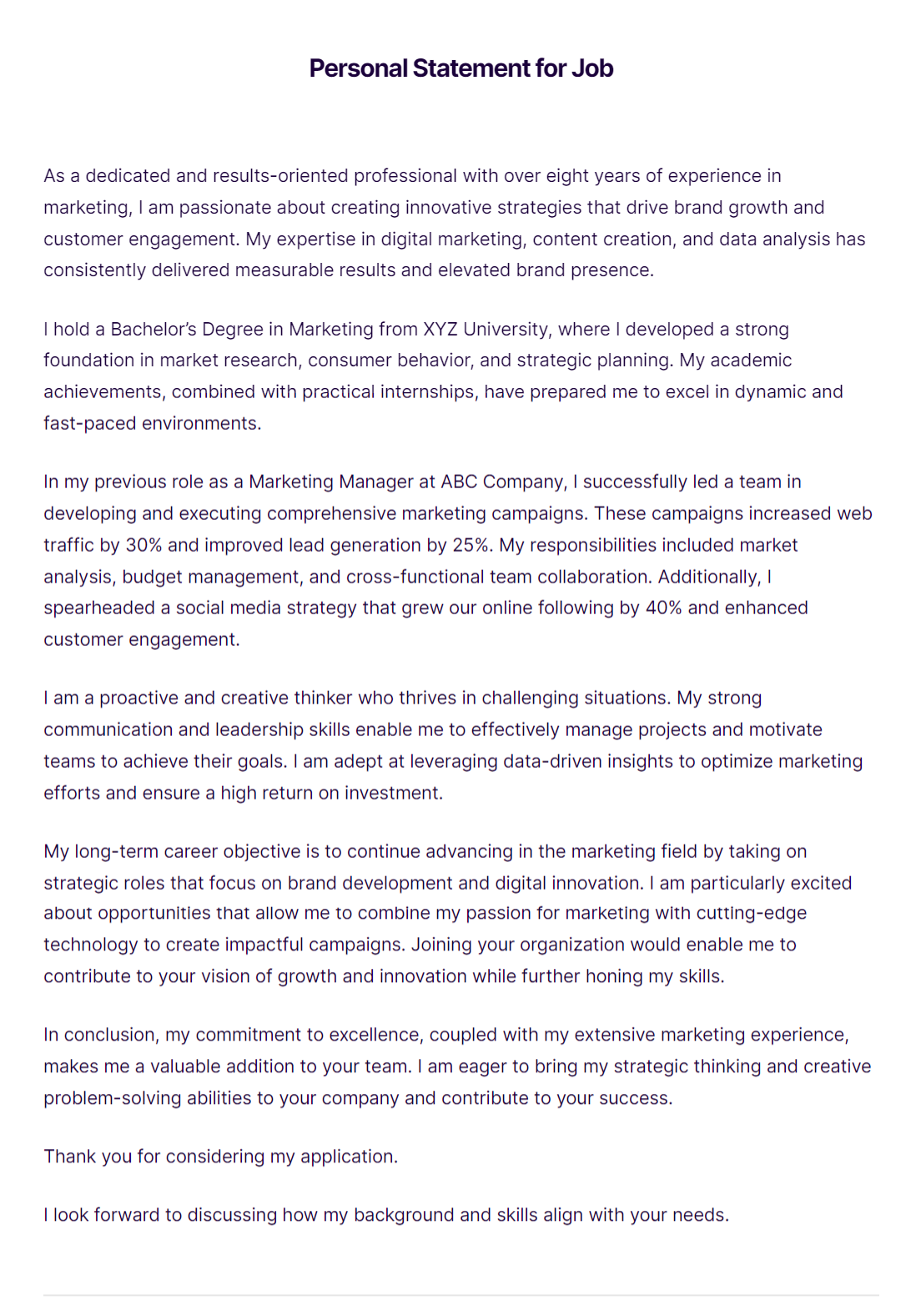
Personal Statement for University
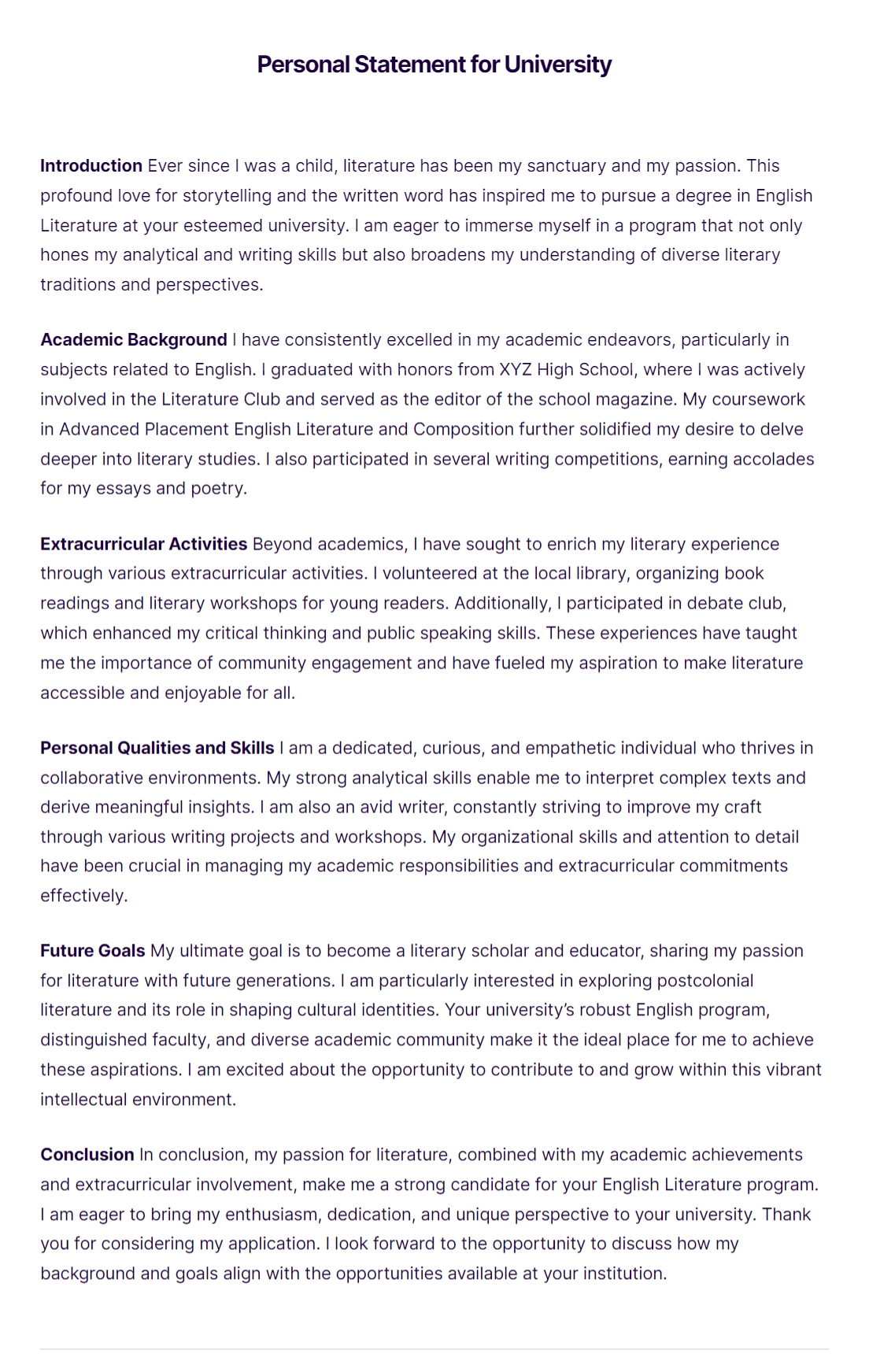
Personal Statement for College
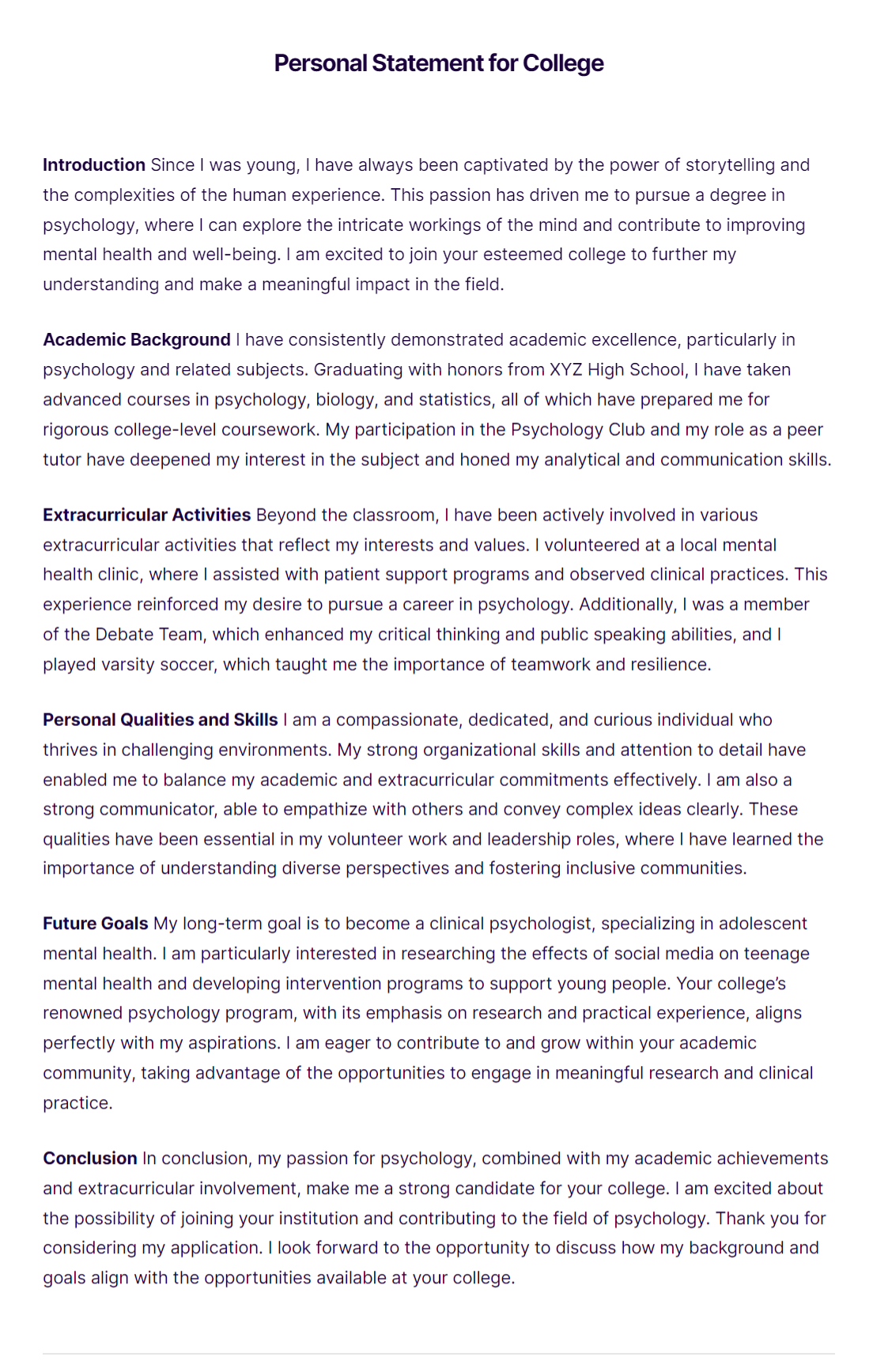
Personal Statement for Financial Aid
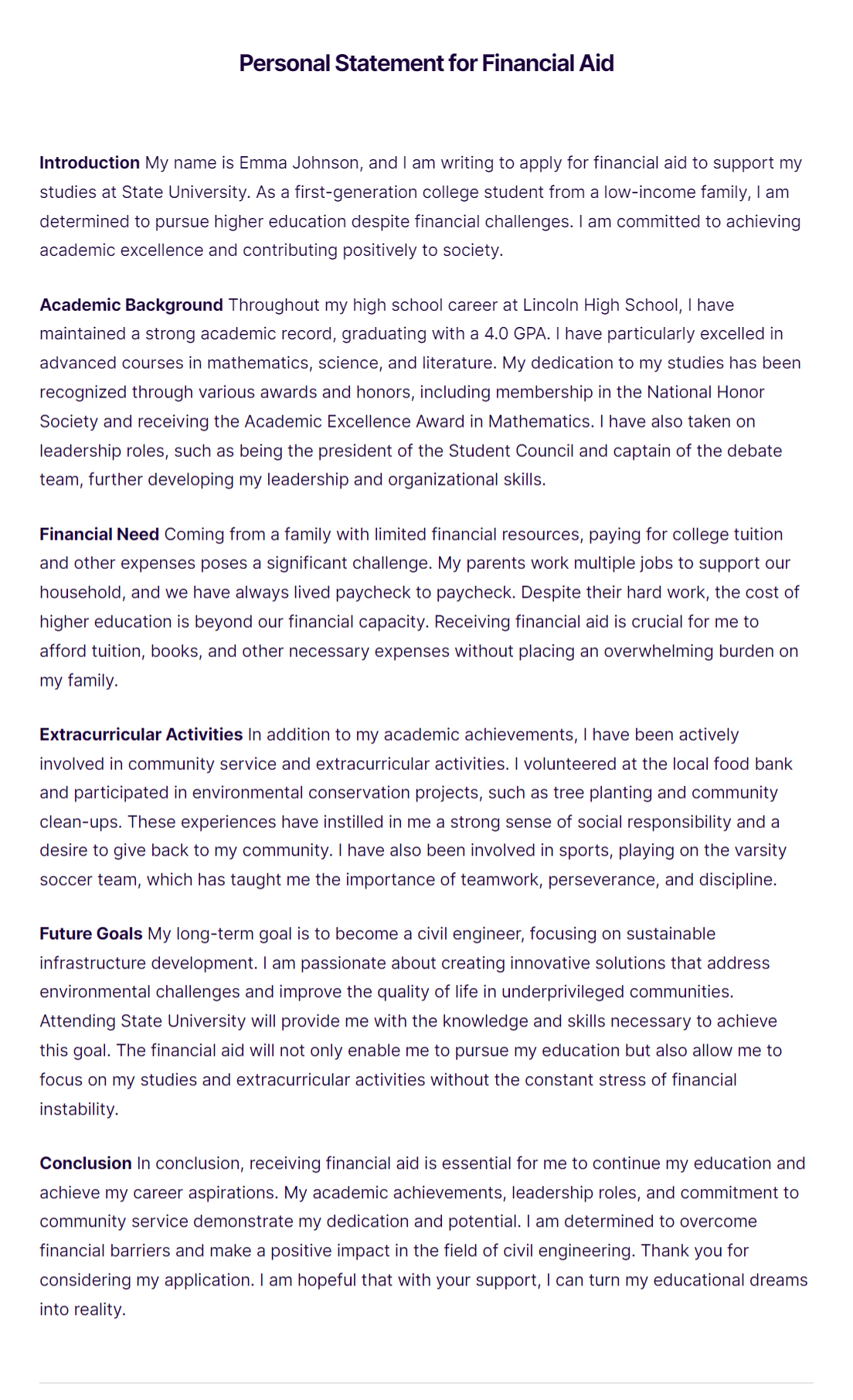
More Examples for Personal Statement
- Personal Statement Example for Medical School
- Personal Statement Example for Graduate School
- Personal Statement Example for Internship
- Personal Statement Example for Law School
- Personal Statement Example for CV
- personal statement Example for Research Internship
More Personal Statement Samples & Templates
1. Personal Statement Affidavit Template
2. Freelance Personal Statement Template
3. School Personal Statement Template
4. University Personal Statement Template
5. Medical School Personal Statement Template
6. Law School Personal Statement Example
7. Engineering Master Personal Statement
8. Civil Engineering Personal Statement
9. Mechanical Engineering Personal Statement
10. Law School Personal Statement
Tips for an Effective Personal Statement
When writing a personal statement, always bear in mind that you write to impress. So we have outlined for you some tips for an effective personal statement.
- Understand Your Goal. Bear in mind what your goal is in writing a personal statement. Remember that you are not the only one who is trying to grab that position or admission, so make it a point to put your best foot forward. This is what you do when you have a goal. It keeps your steps solid and for sure you won’t lose your track.
- Create an Outline. Like a college essay, your personal income statement should have a layout. Use the funneling technique on this one. Start from the most general points and narrow it down to the specific ones. It also helps you organize your thoughts better so your words will not jumble.
- Be Genuine. This is not the hardest thing to do in the world. All you need to do is tell honestly what your skills and accomplishments are. A personal statement is an overview about your personality. Even if it is a written letter, an employer or a supervisor will know if you are telling the truth or not.
- Be Specific. Some schools or business statement establishments would send a list of questions that they need you to answer and include on your personal statement. Answer those questions concretely and with substance. Do not veer away from your main point. Focus on your answer and be straightforward.
- Maintain a Positive Tone. A personal statement is not the place for you to vent out your frustrations in life nor an opportunity to show your weaknesses and appeal for emotions. Make your words sound positive. Provide energy and liveliness when sharing about a certain lesson you learned or an obstacle in your life and how you were able to overcome it.
- Check and Revise. Sometimes when we are writing, we often misspell things or use inappropriate words especially when we are in our deep thoughts. So before you put your letter in an envelope and put it in your mailbox, be sure to proofread your work. Check your spelling, choice of words and arrangement of thoughts.
How Important Is a Personal Statement?
University admissions hold interviews based on the applications they receive. How you write your personal vision statement will be a determining factor for you to land in an interview and consequently get into college. So if you are planning to write a personal letter of poor quality, you better think twice. Here are the reasons why you need to write a compelling personal letter.
1. It gives you a better shot.
Whether you are aiming for a university admission or landing a job at a prominent income statement for company, an effective personal letter gives you a better shot compared to others. Remember that you are not the only participant in the race. In order for you to win, you need to give it with an undivided attention.
2. It gets your name on the list.
Yes, it does. The truth is your personal letter is your only key to have your name on the master list. Some universities are a little picky when it comes to admitting new applicants. They do filtering to ensure that they choose the right students for the right program. Not only that. They are very selective because the applicant they choose will soon become a fruit of their own tree and they certainly don’t want it to be a bad one.
3. It boosts your confidence.
A personal statement is always given a head of time during an application examples or admission process. This gives the school or a company an overview of who to select from the many applicants. Writing a bold and convincing personal letter could get you ahead of others. You get picked from the basket of people longing for that post. Then in the process you get called for an interview.
You know that your personal statement caught the attention of the school board or the employer and so you are confident that you are just a few steps away from landing that position you always hoped for.
A personal statement need not be a novel-long narrative of yourself. Just as long as the important words and details are there, that’s fine. However, never settle for less. Always aim for the best. Have you ever seen an advertising brochure?
It usually comes as a single sheet example in pdf, a cardboard or a photo paper maybe, folded into half or a quarter, but contains all the necessary information you want to know about a certain product. That is how your personal statement should be, brief, concise, and effective.
What should be included in a Personal Statement
A personal statement is a critical component of many applications, providing an opportunity to showcase your qualifications, experiences, and motivations. Here is a comprehensive guide on what should be included in a personal statement:
1. Introduction
- Compelling Opening: Start with an engaging story, quote, or anecdote to capture the reader’s attention.
- Brief Overview: Introduce yourself and state your purpose for writing the personal statement. Mention the program or position you are applying for.
2. Academic Background
- Educational Qualifications: Detail your academic achievements, including your degree(s), GPA, and any honors or awards.
- Relevant Coursework: Highlight specific courses that are pertinent to the program or role.
- Research Projects or Theses: Discuss any significant research projects, theses, or academic papers, emphasizing their relevance to your field.
3. Professional Experience
- Internships and Jobs: Describe your professional experiences, focusing on internships, jobs, or volunteer work that relate to your application.
- Responsibilities and Achievements: Outline your roles, responsibilities, and key accomplishments in these positions.
- Skills Gained: Highlight the skills and knowledge you acquired, and how they prepared you for the role or program.
4. Personal Qualities and Skills
- Key Attributes: Mention personal qualities that make you a strong candidate, such as dedication, motivation, and resilience.
- Technical and Soft Skills: List relevant technical skills (e.g., programming languages, lab techniques) and soft skills (e.g., leadership, communication).
5. Motivations
- Passion for the Field: Explain why you are passionate about the field or profession. Share any personal experiences or events that sparked your interest.
- Career Aspirations: Discuss your long-term career goals and how the program or role fits into your career plan.
6. Future Goals
- Short-term Objectives: Describe what you hope to achieve in the immediate future, such as completing a degree or gaining specific experience.
- Long-term Vision: Outline your long-term professional aspirations and how the program or role will help you achieve them.
7. Conclusion
- Recap Main Points: Summarize the key points of your statement, reinforcing your enthusiasm and readiness for the opportunity.
- Thank You: Express gratitude for considering your application and indicate your eagerness to discuss your application further.
How to Write a Personal Statement.
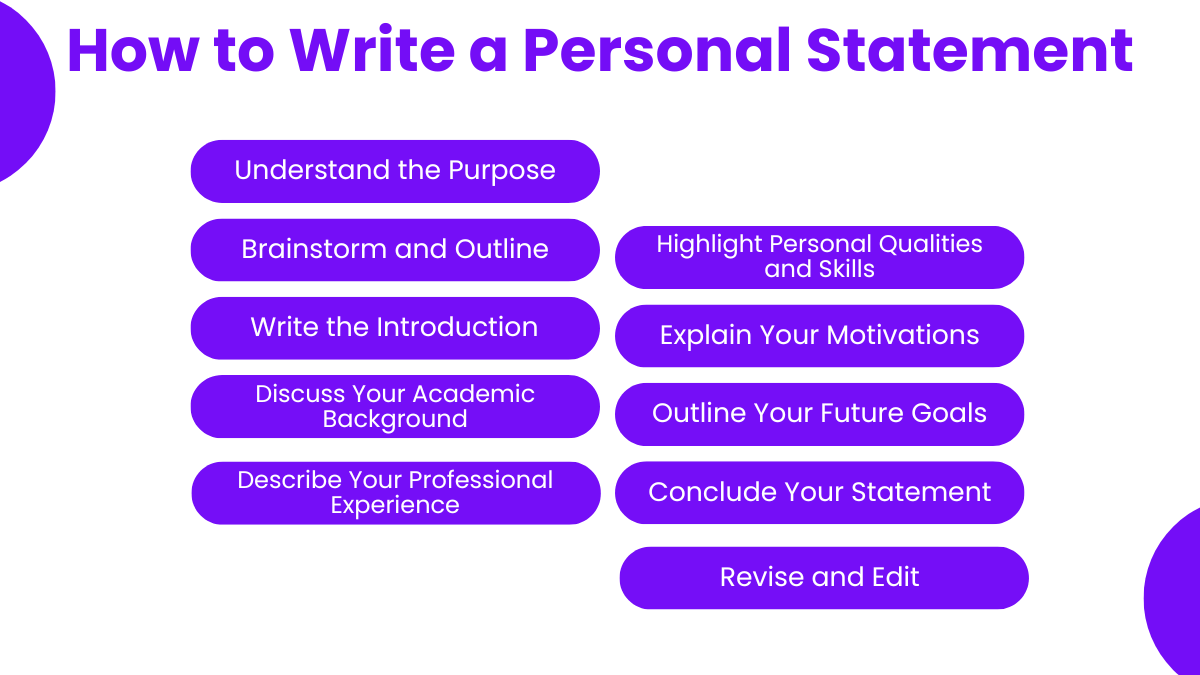
Writing a personal statement can be a challenging task, but it’s an essential part of many applications. Here’s a step-by-step guide to help you craft a compelling and effective personal statement:
Step 1: Understand the Purpose
- Purpose: A personal statement is a narrative that highlights your background, achievements, motivations, and goals. It aims to show why you are a suitable candidate for the program or position you are applying for.
- Audience: Consider who will be reading your statement and what they are looking for in a candidate. Tailor your content to meet their expectations.
Step 2: Brainstorm and Outline
- Self-Reflection: Think about your experiences, achievements, and goals. Identify key themes and stories that showcase your strengths and motivations.
- Outline: Create an outline to organize your thoughts. A typical personal statement includes an introduction, academic background, professional experience, personal qualities, motivations, future goals, and a conclusion.
Step 3: Write the Introduction
- Hook: Start with a compelling opening that grabs the reader’s attention. This could be a personal anecdote, a quote, or a unique experience related to your field.
- Overview: Briefly introduce yourself and state the purpose of your statement. Mention the program or position you are applying for.
Step 4: Discuss Your Academic Background
- Education: Detail your academic achievements, including your degree(s), GPA, and any honors or awards.
- Relevant Coursework: Highlight specific courses that are pertinent to the program or role.
- Research Projects: Mention any significant research projects, theses, or academic papers, emphasizing their relevance to your field.
Step 5: Describe Your Professional Experience
- Internships and Jobs: Describe your professional experiences, focusing on internships, jobs, or volunteer work that relate to your application.
- Responsibilities and Achievements: Outline your roles, responsibilities, and key accomplishments in these positions.
- Skills Gained: Highlight the skills and knowledge you acquired, and how they prepared you for the role or program.
Step 6: Highlight Personal Qualities and Skills
- Key Attributes: Mention personal qualities that make you a strong candidate, such as dedication, motivation, and resilience.
- Technical and Soft Skills: List relevant technical skills (e.g., programming languages, lab techniques) and soft skills (e.g., leadership, communication).
Step 7: Explain Your Motivations
- Passion for the Field: Explain why you are passionate about the field or profession. Share any personal experiences or events that sparked your interest.
- Career Aspirations: Discuss your long-term career goals and how the program or role fits into your career plan.
Step 8: Outline Your Future Goals
- Short-term Objectives: Describe what you hope to achieve in the immediate future, such as completing a degree or gaining specific experience.
- Long-term Vision: Outline your long-term professional aspirations and how the program or role will help you achieve them.
Step 9: Conclude Your Statement
- Recap Main Points: Summarize the key points of your statement, reinforcing your enthusiasm and readiness for the opportunity.
- Thank You: Express gratitude for considering your application and indicate your eagerness to discuss your application further.
Step 10: Revise and Edit
- Proofread: Carefully proofread your statement for grammar, spelling, and punctuation errors.
- Feedback: Seek feedback from mentors, professors, or colleagues to improve the clarity and impact of your statement.
- Polish: Make necessary revisions to ensure your statement is concise, coherent, and compelling.
What is a personal statement?
A personal statement is a written description of your achievements, skills, interests, and goals, typically used for university or job applications.
How long should a personal statement be?
Generally, a personal statement should be 500-800 words, but always check the specific guidelines of the application.
What should be included in a personal statement?
Include your introduction, academic background, professional experience, personal qualities, motivations, future goals, and conclusion.
How should I start my personal statement?
Start with a compelling hook, such as an anecdote, quote, or personal experience, to grab the reader’s attention.
How personal should my personal statement be?
Be personal enough to reflect your unique experiences and motivations but maintain a professional tone throughout.
Can I use the same personal statement for different applications?
Tailor each personal statement to the specific program or job to address their unique requirements and expectations.
Should I mention weaknesses in my personal statement?
If relevant, briefly mention weaknesses, but focus on how you have addressed and overcome them.
How do I make my personal statement stand out?
Highlight unique experiences, demonstrate passion for the field, and provide specific examples of your achievements and skills.
Is it okay to use quotes in a personal statement?
Yes, but use them sparingly and ensure they are relevant to your narrative and add value to your statement.
How do I conclude my personal statement?
Summarize your key points, reiterate your enthusiasm for the opportunity, and thank the reader for considering your application.



